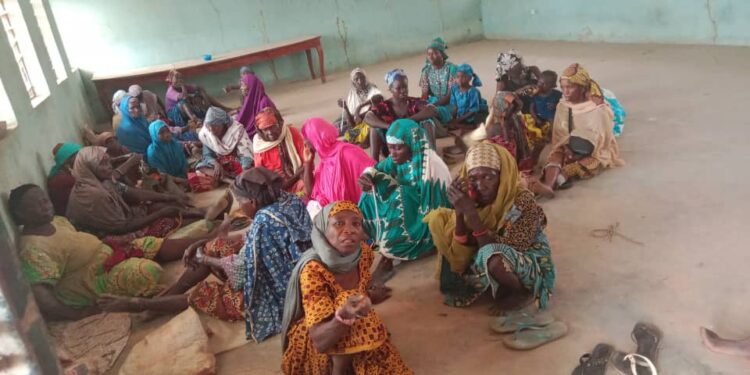West Africa Alternative Care Summit (WAACS) has said thousands of orphans and vulnerable children remain in institutional care due to a lack of family-based alternatives, insufficient policy frameworks, and limited collaboration among stakeholders.
The convener and chairperson of the West Africa Alternative Care Summit 2025, Mrs Sandra Chikan, stated this at a meeting of stakeholders from several countries in Jos, the Plateau State capital.
The meeting is held to chart ways of reforming child care practices across West Africa.
The summit was organised by the Association of Orphanages and Homes Operators in Nigeria’s Northern Region in collaboration with the Ministry of Women Affairs in Plateau State.
LEADERSHIP reports that the summit brought together policy leaders, child welfare advocates, and community changemakers who pledged to foster multi-stakeholder collaboration for sustainable child protection and welfare reform.
In her words, “While orphanages and shelters offer temporary relief, they often fall short in providing the long-term developmental, emotional, and psychological support that a family environment can offer.”
According to her, “Studies have shown that children raised in institutions are at greater risk for emotional distress, social isolation, and reduced opportunities for personal growth compared to those in family-based settings.”
She added, “Despite global advocacy for alternative care models such as fostering and adoption, organisations and government agencies in West Africa continue to face significant challenges, including weak policy implementation, cultural barriers, and a lack of coordinated efforts.”
“There is an urgent need to bring together key stakeholders-shelter operators, policymakers, researchers, community leaders, security agencies, and social welfare organisations to develop practical, evidence-based strategies that can help transition children from institutional care to stable, nurturing families.”
She stressed that the summit is part of their mission to improve child welfare and promote alternative care models in Nigeria and across Africa.
“We have gathered orphanage and shelter operators, international organisations, researchers, government ministries, and other key players in the child care sector to share best practices, explore alternative care options, and develop actionable frameworks for transitioning children into family-based care, including fostering and adoption.”
‘By fostering dialogue, collecting data, and formulating practical strategies, the summit seeks to guide African organisations in implementing sustainable, home-based care solutions.”
Various speakers at the occasion included Julie Cooper, president of Trauma Free World; Sarah Ellis, Back2Back Haiti stateside manager; David Nowell, executive director at Hope Institute; Kenneth Ayebazibe, African regional director; David Adoke, country director of Uganda Child’s I Foundation; Dr Ken Merrifield; and several others.



